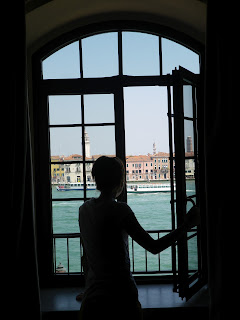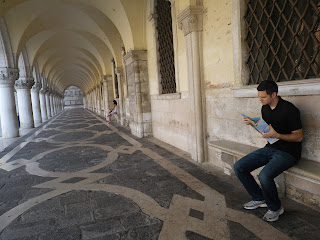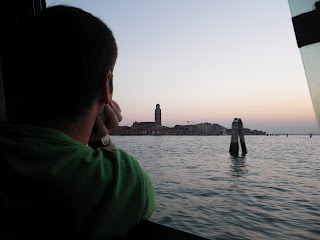Here's a list of suggestions that were made in connection to the conference:
http://www.sltrib.com/sltrib/lifestyle/54704734-80/women-leaders-lds-priesthood.html.csp
Note: I don't think this list mentions disciplinary councils, but I think it would be a great idea to have old Stake Relief Society Presidents or whomever would be the high council equivalent be part of those.
I didn't agree with some of the suggestions made on the list and at the conference, mostly because I felt some practical issues with some of them were being overlooked. But I did agree with a lot of them. If the number one reason women leave the church is because they feel marginalized, why not change some outdated policies to give them a more visible face and active role in the church?
The popular saying in the church that "men have the priesthood and women have motherhood" (ergo, women do not need to be involved in traditional visible "priesthood" roles) really irks me, because first, it ignores the all-important father aspect of men and second, it ignores the great sisterhood of women, Relief Society. Yes, mothering is the most important work women can do on this earth. Likewise, fathering is the most important work men can do on this earth. "Father" is God's preferred title, his most honored role. The false dichotomy of motherhood versus priesthood can much more thoughtfully be replaced “with women being given many tremendous responsibilities of motherhood and sisterhood and men being given the tremendous responsibilities of fatherhood and the priesthood" -Spencer W. Kimball.
In the great new book, (that hopefully will soon be studied by men and women throughout the church), Daughters in My Kingdom, we read: "In harmony with timeless principles about the sacred nature of home and family, Melchizedek Priesthood quorums help men fulfill their responsibilities as sons, brothers, husbands, and fathers. The Relief Society helps women fulfill their responsibilities as daughters, sisters, wives, and mothers." Somewhere between the awe-inspiring vision of Joseph Smith for the Relief Society and the current organization we have today, I feel like the parallel of this sisterhood to the priesthood has been lost. In our idolization of mothers we have overlooked the very institution God gave women to become the best mothers they can be.
In "The Family: A Proclamation to the World," we read that "By divine design, fathers are to preside over their families in love and righteousness and are responsible to provide the necessities of life and protection for their families. Mothers are primarily responsible for the nurture of their children. In these sacred responsibilities, fathers and mothers are obligated to help one another as equal partners." And again from Daughters in My Kingdom: "The word motherhood defines women’s eternal roles; it describes their nature as nurturers. Nurture is a rich word. It means to train, to teach, to educate, to foster development, to promote growth, and to nourish or feed. Women have been given the great privilege and responsibility to nurture in all these senses of the word, and the Relief Society has the responsibility to teach and support women in their divinely ordained, indispensable roles as mothers and nurturers.28
I feel like women could use their responsibility (and for many women their gift) to nurture by playing a greater role in nurturing the church. Sisters should be joining the brothers as "equal partners" in training, teaching, educating, taking care of physical needs, etc., starting in our homes but not staying in our homes.
This whole thing sounds a little dangerous, especially that blasphemous list at the beginning. Are you tired of quotes yet?
From a 1945 ward teacher's message: "When our leaders speak, the thinking has been done. When they propose a plan–it is God’s plan. When they point the way, there is no other which is safe. When they give direction, it should mark the end of controversy." President George Albert Smith responded to this statement with the following words: "Even to imply that members of the Church are not to do their own thinking is grossly to misrepresent the true ideal of the Church."
Time to think about our practices and traditions! The thing I liked most about the conference was that it got me thinking. It left me with the question, "What is my identity as a Mormon woman?" I went to church the next day pondering this and proceeded to watch our bishop call up on the stand a young woman and her leader who had just completed the Young Womenhood Recognition. (Lame name, I know.) He talked at length about what they had done to recieve it and invited them to speak to us about it. I thought it was an awesome example of not only talking about how we love and honor women just as much as the men in our church, but showing it by how he behaved towards them and made them public examples of good. Let's look around now at changes we like and build on those.
Feminists, unite!



























